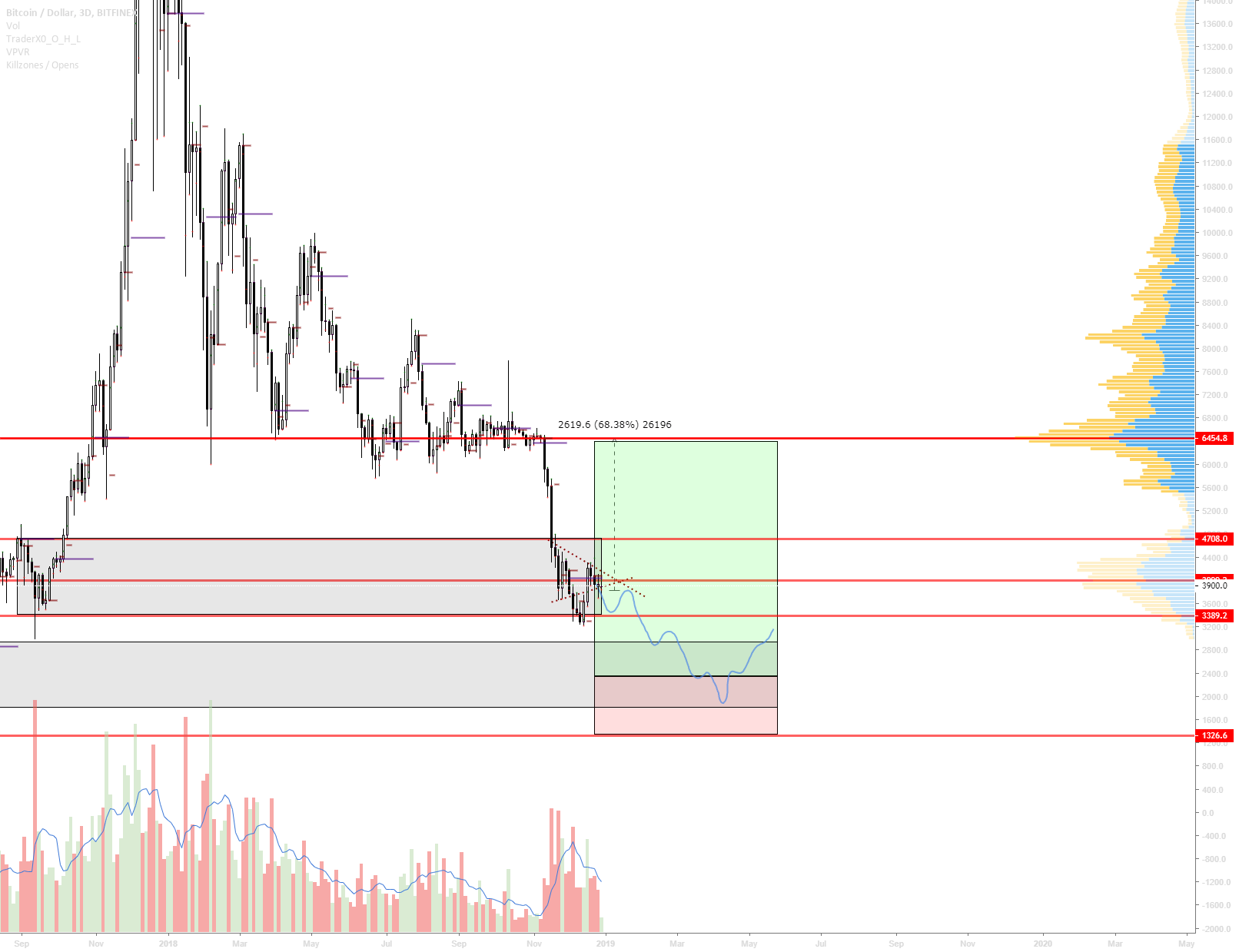How To Break Bread With Scholars: Tips For Students And Professionals

Table of Contents
Preparing for Scholarly Interactions
Before you even think about approaching a scholar, thorough preparation is key. This involves understanding their work, crafting insightful questions, and choosing the appropriate setting for interaction.
Researching the Scholar
Understanding a scholar's expertise is paramount. Don't just glance at their title; delve into their research.
- Understand their research interests and publications: Use resources like Google Scholar, ResearchGate, Scopus, and their university's website to explore their publication history, focusing on recent work. Identify any recurring themes or methodologies.
- Identify common ground or shared interests: Finding shared interests provides a natural entry point for conversation. This could be a specific research area, a methodology, a geographical focus, or even a related field.
- Use tools like Google Scholar, ResearchGate, and university websites: These tools allow you to track publications, citations, and collaborations, providing a comprehensive overview of the scholar's work.
Example: Before approaching a renowned sociologist specializing in urban poverty, familiarize yourself with their recent publications on gentrification and its impact on marginalized communities. Knowing their specific focus allows you to ask more targeted questions.
Crafting Thoughtful Questions
Avoid generic questions that can be easily answered via a quick Google search. Instead, prepare questions that demonstrate your understanding of their work and your critical thinking skills.
- Avoid superficial or easily Googleable questions: Questions like "What do you do?" are unproductive.
- Prepare insightful questions based on their work: Focus on specific aspects of their research that intrigue you. Consider their methodology, findings, or interpretations.
- Demonstrate genuine interest and critical thinking: Show that you've engaged with their work thoughtfully and have considered its implications.
Example: Instead of "What's your research about?", try "I found your work on the impact of social media on political polarization particularly insightful. Can you elaborate on the challenges you faced in isolating the effects of algorithmic filtering?"
Choosing the Right Setting
The setting significantly impacts the interaction. Consider the formality of the event and the scholar's communication style.
- Consider conferences, workshops, university events, or informal settings: Conferences offer structured networking opportunities, while informal settings might be more conducive to casual conversation.
- Observe the scholar's preferred communication style (formal vs. informal): Some scholars are more approachable than others. Adapt your approach accordingly.
- Respect their time and schedule; don't interrupt during presentations or meetings: Approach them during breaks or designated networking sessions.
Engaging in Meaningful Conversations
Once you've initiated contact, engaging in meaningful conversation is crucial for building a rapport.
Active Listening and Engagement
Active listening is key to a successful interaction. Show genuine interest and avoid dominating the conversation.
- Pay attention, ask clarifying questions, and show genuine interest: Maintain eye contact, nod, and offer verbal cues to show you're actively listening.
- Avoid interrupting or dominating the conversation: Let the scholar lead the conversation, and only interject with relevant questions or comments.
- Summarize key points to ensure understanding: This demonstrates your attentiveness and allows for clarification.
Sharing Your Own Work (Appropriately)
Sharing your work is acceptable, but prioritize seeking advice and feedback over self-promotion.
- Briefly introduce your research or interests, but keep it concise and relevant: Focus on aspects that connect with the scholar's expertise.
- Focus on seeking advice and feedback, rather than self-promotion: Frame your introduction as an opportunity to learn from their experience.
- Tailor your approach to the context and your relationship with the scholar: Don't pitch your work in an unsolicited manner; let the conversation flow naturally.
Building Rapport and Maintaining Contact
Building a relationship requires ongoing effort. Remember details and follow up after meeting.
- Remember details from past conversations: This shows you value the interaction and remember what was discussed.
- Send a thank-you note after meeting: A brief email expressing gratitude for their time and insights is always appreciated.
- Follow up with email or LinkedIn to continue the dialogue: Maintaining contact strengthens the relationship and can lead to future collaborations.
Leveraging Networking Opportunities
Networking expands your opportunities to connect with scholars.
Attending Academic Conferences and Events
Conferences are rich environments for networking with scholars.
- Actively participate in Q&A sessions and networking events: Don't be afraid to ask questions or initiate conversations.
- Introduce yourself and engage in conversations: Be confident and approachable, and take the initiative to connect with others.
- Take advantage of poster sessions and informal gatherings: These offer more casual opportunities to interact with scholars.
Utilizing Online Platforms
Online platforms facilitate communication and networking.
- Engage with scholars on platforms like Twitter, ResearchGate, and Academia.edu: Share relevant articles and participate in discussions.
- Share relevant articles and participate in discussions: This demonstrates your engagement with their work and the broader field.
- Follow scholars whose work interests you: Stay updated on their research and publications.
Seeking Mentorship
Mentorship relationships provide invaluable guidance and support.
- Identify scholars whose expertise aligns with your goals: Choose a scholar whose work and career path resonate with you.
- Express your interest in mentorship and explain your motivation: Clearly articulate your goals and how their mentorship can help you achieve them.
- Be prepared to demonstrate initiative and commitment: Show that you are willing to actively participate in the mentorship process.
Conclusion
Building relationships with scholars is a valuable investment in your academic and professional future. By following these tips on how to break bread with scholars – from thorough preparation and engaging conversations to leveraging networking opportunities – you can cultivate meaningful connections that will significantly benefit your career. Remember, genuine interest and respect go a long way. Start building your network today and actively engage in scholarly conversations to achieve your academic and professional goals. Don't hesitate to reach out and break bread with scholars in your field!

Featured Posts
-
 Andor Showrunner Hints At Rogue Ones Recut Version
May 08, 2025
Andor Showrunner Hints At Rogue Ones Recut Version
May 08, 2025 -
 Dwp Universal Credit Refunds April And May Payments Following 5 Billion Cuts
May 08, 2025
Dwp Universal Credit Refunds April And May Payments Following 5 Billion Cuts
May 08, 2025 -
 Sergio Hernandez El Entrenador Argentino Llega Al Flamengo
May 08, 2025
Sergio Hernandez El Entrenador Argentino Llega Al Flamengo
May 08, 2025 -
 The Most Accurate Wwii Movies Outperforming Saving Private Ryan
May 08, 2025
The Most Accurate Wwii Movies Outperforming Saving Private Ryan
May 08, 2025 -
 Has The Bitcoin Rebound Begun Exploring Future Price Predictions
May 08, 2025
Has The Bitcoin Rebound Begun Exploring Future Price Predictions
May 08, 2025
